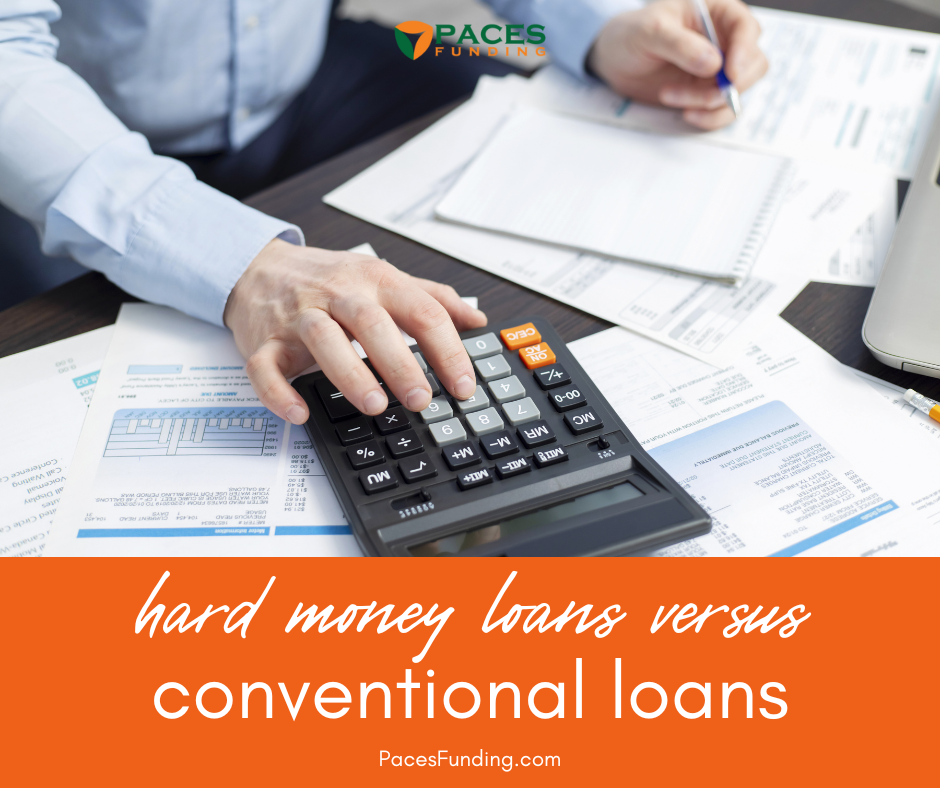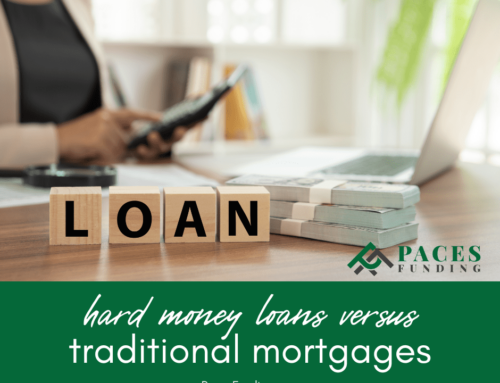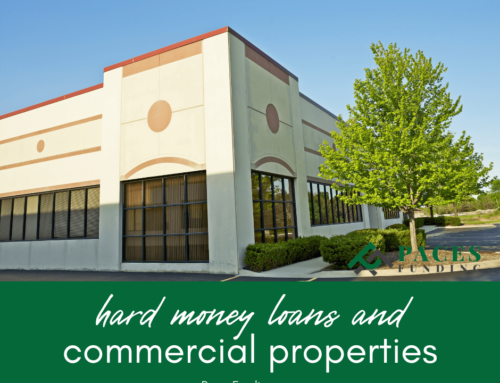
Hard Money Loans vs. Conventional Financing
When it comes to financing a real estate investment, you have a few options. Two of the most common options are hard money loans and conventional financing. This guide compares and contrasts the two so you can make an informed decision about financing your next real estate investment.
What is a Hard Money Loan?
A hard money loan is a short-term loan secured by real estate. Hard money loans are typically used by investors to finance the purchase of an investment property. (Secured by real estate means that the collateral is the property itself.)
The biggest advantage of a hard money loan is that it can be used to finance a property that would not qualify for traditional financing. For example, a fix-and-flip property that needs significant renovations may not qualify for a conventional loan. However, it could still qualify for a hard money loan.
Hard money loans are also faster and easier to obtain than traditional loans. The approval process is typically much shorter, and the loan can be funded in as little as a few days.
The downside of a hard money loan is that it typically has a higher interest rate than a traditional loan. This is because the lender is taking on more risk by lending money to an investor to purchase an investment property.
Hard money loans typically have a shorter repayment period than traditional loans do. For example, a hard money loan may have a repayment period of 1 to 5 years, while a traditional loan may have a repayment period of 15 to 30 years.
Related: The easiest guide you’ll ever read on buying a fixer-upper and flipping it
What is Conventional Financing?
Conventional financing is a loan that is not secured by real estate. The most common type of conventional financing is a mortgage loan. Mortgage loans are typically used to finance the purchase of a primary residence.
Conventional financing can also be used to finance the purchase of an investment property, but there are typically more strict requirements for qualification. For example, an investor may need to have a higher credit score and put down a larger down payment than would be required for a primary residence.
The biggest advantage of conventional financing is that it usually has a lower interest rate than a hard money loan does. This is because the lender is taking on less risk by lending money to an investor to purchase a property that is not their primary residence.
Another advantage of conventional financing is that it typically has a longer repayment period than a hard money loan does. For example, a conventional loan may have a repayment period of 15 to 30 years, while a hard money loan typically has a repayment period of 1 to 5 years.
One downside of conventional financing is that it can take longer to obtain than a hard money loan. The approval process can take several weeks or even months, and the loan may not be funded until several weeks or months after that.
Another downside of conventional financing is that it may not be available for some types of investment properties. For example, a fix-and-flip property that needs significant renovations may not qualify for a conventional loan. However, it could still qualify for a hard money loan.
Related: 7 essential upgrades you should make when you flip a house
When is it Better to Use a Hard Money Loan?
There are a few situations when it may be better to use a hard money loan over a conventional loan:
- If you’re looking for financing for an investment property that would not qualify for traditional financing, then a hard money loan may be your best option.
- If you’re looking for a loan with a shorter repayment period, then a hard money loan may also be a good option. The shorter repayment period can help you save on interest payments over the life of the loan.
- If you need financing quickly, then a hard money loan may be your best option. Hard money loans can be funded in as little as a few days, while a traditional loan may take several weeks or months to be funded.
When is it Better to Use Conventional Financing?
There are a few situations when it may be better to use a conventional loan over a hard money loan:
- If you’re looking for a loan with a lower interest rate, then a conventional loan may be a better option.
- If you’re looking for a loan with a longer repayment period, then a conventional loan may also be a better option. The longer repayment period can help you lower your monthly payments and make it easier to afford the loan.
- If you’re looking for financing for a primary residence, then a conventional loan may be your best option.
Related: How to find the best hard money lender when you’re buying a rental property
Why Many Investors Choose Hard Money Loans
Many investors choose hard money loans because they offer a number of advantages – including the fact that they can get financing quickly. Hard money loans are also often easier to qualify for than traditional loans, and they can be used to finance a wide variety of investment properties.
Related: Hard money loans, explained
How Conventional Financing Could Cause You to Miss Out on Great Deals
If you’re relying on conventional financing to purchase investment properties, you could miss out on great deals. This is because conventional financing can take a long time to obtain – and by the time you’re approved for the loan, the property you wanted to purchase may already be gone.
Hard money loans are a much faster and more flexible option for financing investment properties. If you’re looking to purchase an investment property, a hard money loan may be your best bet.
Do You Need a Hard Money Loan?
Paces Funding is the top hard money lender in Georgia, North Carolina, South Carolina and Tennessee. Apply for a hard money loan here or click through our site to find out how we can help you now!














